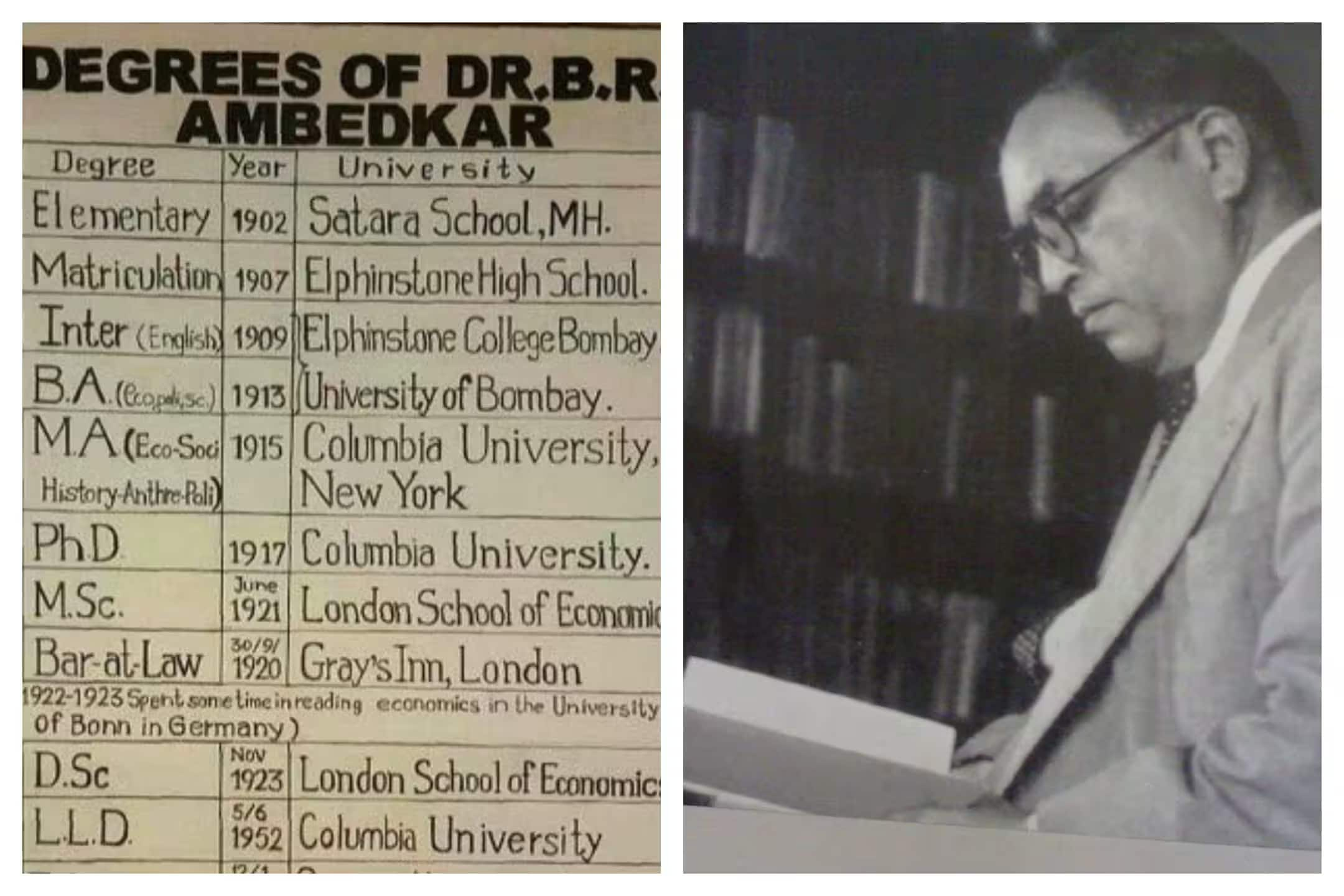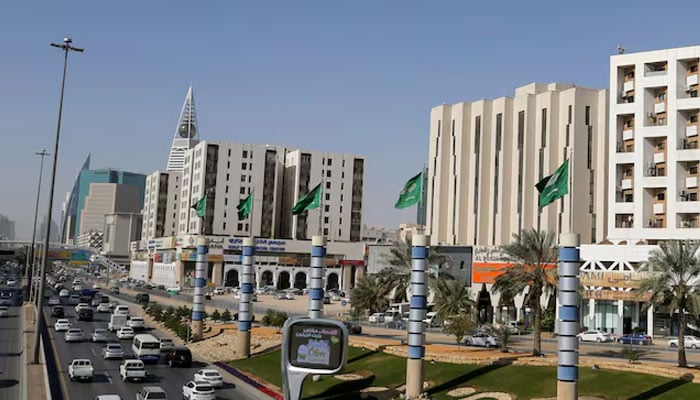
By Wilfred Toochukwu Obiotika Civil servants and public servants are often used interchangeably, but they have distinct differences in terms of their roles, responsibilities and laws guiding them. Civil servants are employees of the government who work in various ministries, departments, and agencies. They are responsible for implementing government policies, providing public services and managing public resources.
To be a civil servant, one needs educational and professional training with experiences. Public servants do not require that much to serve the public. Conversely, it is the public servants that employ civil servants.

Many people in the past years had models and inspirations from personalities who had served the public with utmost dedication. Becoming an effective public servant starts from the mayors to the president in a country. Community leaders are incorporated into the local council organogram for grassroot mobilization or service.
Being effective translates to being an efficient listener. Public servants work together regardless of political party. Making a country, city, community better and liveable starts from the leaders.
The interest of the people should be paramount in every public figure. We had always mimicked what took place in the North where a public servant farts, then the followers would laugh; if It has not been in the history of Nigeria that there were many public servants who chose a good name instead as against financial enrichment. Most social and political critics in the past were proven to be highly corrupt when given the opportunity to serve the public.
Anyone who is paid from the tax payers’ money is a public servant. The Nigerian Public Service originated from colonial administration. The Public Service operates under the philosophy of good governance and transparency.
Public service thus includes the Civil Service and Public Corporations. The Public Service is established by section 169 of the 1999 constitution. The government, which operates Public Service, goes about their activities of making subsidiary laws and executing them through MDAs.
The character of Public Service in Nigeria promotes integrity, accountability and transparency. But that is far from what is obtainable in present day Nigeria. So many people enjoy the hurly-burly of public space where touting, violence and intimidation are tolerated.
Public servants are individuals who hold public office, including elected officials, judges, and other high-ranking government officials. The Constitution, Electoral laws, Code of Conduct Bureau and Tribunal Act are the laws guiding public servants. Public servants operate in representative democracy, remaining accountable to the public.
They usually focus on policy-making and decision-making. Public Service performs such functions as implementation, advisory, employment and legislative. It is granted that people get employed in the bureaucratic organization based on skills/qualification and expertise.
In the past few years, we have not heard of penal sanctions or punishment meant to curb misconduct in the life of those who are supposed to exhibit patriotism, honesty, integrity, commitment, dedication and the fear of God. It is obvious that corruption cannot go hand in hand with development. The complete failure of the Nigerian State has proven that there is a monumental abuse of trust in the public service.
Lack of accountability is a feature in the management of public service in Nigeria. All we hear often in Nigeria is a conflict of interest resulting in corrupt conduct, abuse of public office, misconduct, cheating, dishonesty, unreliability, breach of trust and unlawful action. An old proverb says, “Those who hear not the music think the dancer is mad.
” That’s what goes on in our country’s public service. The person who plays the music could be the bastardized country’s image, or a higher officiating minister. Snake has swallowed millions of Naira or termites eating up a budgeted financial allocation.
We have instances where money meant for providing borehole drilled water was cornered or airport project fund diverted to several accounts without any site in view. These things are done with reckless abandon, not perturbed or alarmed. The individuality factor creates a vicious circle whereby certain persons feel entitled to get from the society whatever they might have spent or lost in getting announced, nationalized or recognized.
Public service is driven by a sense of duty and a commitment to promoting the common good. Public service is centred on providing assistance and support to the public. It involves addressing the needs and concerns of individuals, communities, and society as a whole.
Public servants work to enhance the quality of life, promote social welfare, and ensure the provision of essential services. Public service is a noble endeavour that focuses on serving the public, upholding democratic values, and providing essential services, addressing societal challenges, and promoting the well-being of society as a whole. Politicians are elected by the public through democratic processes, such as elections.
They campaign to gain the trust and support of the people they aim to represent. By winning elections, politicians acquire the mandate to serve the public and work on their behalf. A president of a West African country was quoted as saying; “I know so many of you did not vote for me but I am your president and the person you voted for is not where I am.
Whether you voted or did not vote for me, I must be your president.” Corruption erodes public trust in government institutions and public officials. When people perceive that public servants are more interested in personal gain than serving the public, it undermines the legitimacy of the entire system.
Corruption often leads to misallocation of resources. Instead of being allocated based on merit and public interest, resources may be directed towards personal enrichment or given as favours to those with connections. This often results in projects of lower quality, delays, or even the abandonment of essential initiatives.
Corruption has reduced the quality and accessibility of public services in Nigeria such as healthcare, education, infrastructure, and law enforcement. Resources intended for public welfare are diverted or embezzled, resulting in inadequate service delivery and poor outcomes for citizens. Widespread corruption deters foreign investments and hinders economic growth.
It creates an unpredictable business environment where bribery, kickbacks, and favouritism play a significant role. This discourages both domestic and foreign businesses from operating in the country, limiting economic opportunities and job creation. Corruption and nepotism contribute to social inequality.
When opportunities are based on connections rather than merit, capable individuals from disadvantaged backgrounds are excluded, perpetuating a cycle of privilege and marginalization. Nigerian corrupt public service drives skilled professionals away from the country. Frustrated by the lack of opportunities and the pervasiveness of corruption, talented individuals seek employment elsewhere, leading to brain drain and depriving the country of valuable human capital.
The anti-corruption agencies in Nigeria are not independent, lacking transparency and accountability in their operations. The present government in Nigeria is plagued by widespread corruption, with officials misusing their power for personal gain and engaging in bribery, embezzlement, and nepotism. If it is not the same government, then it’s the same political party.
The same government consistently fails to fulfill its promises and commitments made to the public. Government officials frequently contradict themselves, making statements that are inconsistent or outright false. The government suppresses freedom of speech and stifles dissenting voices, leading to a climate of fear and intimidation.
Our government evades accountability for its actions and refuses to take responsibility for failure or misconduct. Our government is mired in numerous scandals and controversies, ranging from financial improprieties to ethical breaches. Our government exhibits clear partisan bias, prioritizing the interest of a particular group or party over the welfare of the entire population.
Our government is run by individuals who lack competence, experience, or ethical principles. The majority of the Nigerian public has lost faith in the government, with a significant portion feeling disillusioned, apathetic, or disconnected from the political process. Integrity must be rooted in one’s private life.
You don’t have to wait until you’re thrust into the public arena before paying attention to your integrity, for then you will have waited until it’s too late. Our character may bring us success, but it takes character to protect and maintain our success. The truth is that when your integrity is rooted in your private world, it’s reflected in your personal world, your professional world, and your public world.
Most of our political leaders are surrounded by wicked officials and there is no way their rule can be established in righteousness. Integrity is like a juicy, delectable fruit one produces when one’s root is deeply penetrated inside the earth. Good name will do for you what money cannot do.
We can evaluate our public servants with what we perceive when any of their names is mentioned – is it faithfulness, dependability, reliability, humility, sincerity, honesty, commitment, compassion, etc. By all means, public servants should make up their mind to live right. Nigeria may be sold out today but all hope is not lost.
• Obiotika writes from St. Patrick’s Catholic Church, Awgbu, Anambra State..















